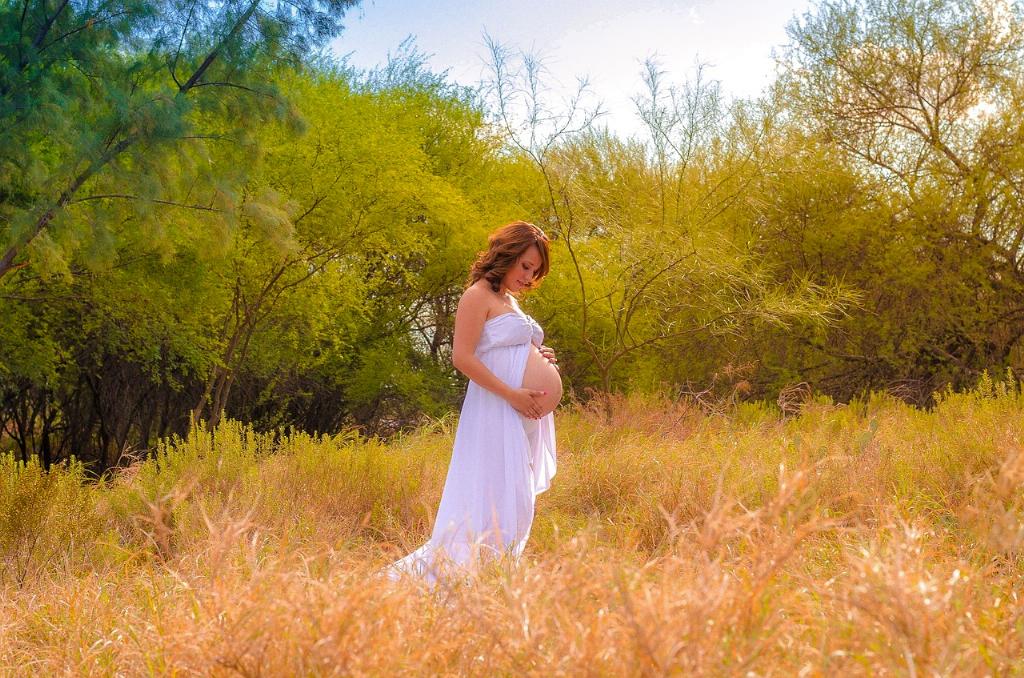Many women often wonder: Why do my hip flexors hurt while pregnant? This common concern arises from the physical changes and challenges that come with pregnancy, particularly during the second and third trimesters. A variety of factors contribute to the discomfort and pain experienced in the hip flexor region, making it a prevalent issue for expectant mothers.
Weight Gain and Hip Flexor Strain
One of the primary reasons for hip flexor pain during pregnancy is the significant weight gain experienced by expectant mothers. The additional pounds exert pressure on the hips and pelvis, leading to strain and discomfort in the hip flexor muscles. The growing belly alters the body’s center of gravity, causing pregnant women to adjust their posture and gait, further stressing the hip flexors.
The Role of Relaxin Hormone
Another crucial factor that contributes to hip flexor pain during pregnancy is the release of the hormone relaxin. This hormone plays a vital role in preparing the body for childbirth by relaxing the ligaments and joints. While this natural process is essential for delivery, it can also lead to increased flexibility and instability in the hip region, making expectant mothers more prone to hip flexor discomfort.
Postural Changes and Hip Alignment
As pregnancy progresses, hormonal changes and the growing baby inside the womb can cause shifts in posture and hip alignment. These alterations in body mechanics can put additional stress on the hip flexor muscles, leading to pain and tightness. Pregnant women may find themselves adopting unusual positions to accommodate their changing bodies, further exacerbating hip flexor issues.
Physical Activity and Hip Flexor Strain
Engaging in physical activity during pregnancy is essential for maintaining overall health and well-being. However, certain exercises and movements can strain the hip flexor muscles, particularly if proper form and technique are not followed. Overstretching or overloading the hip flexors can result in pain and discomfort, emphasizing the importance of safe and appropriate prenatal exercise.
Symptoms of Hip Flexor Pain
Expectant mothers experiencing hip flexor pain may notice a range of symptoms, including sharp or dull ache in the front of the hip or groin area, stiffness and tightness in the hip flexor muscles, difficulty with activities that require hip flexion, such as walking or climbing stairs, and discomfort when changing positions, such as standing up from a seated position.
Managing Hip Flexor Discomfort
There are several strategies that pregnant women can employ to alleviate hip flexor pain and discomfort. Gentle stretching exercises targeting the hip flexor muscles can help improve flexibility and reduce tension. Maintaining good posture and using supportive pillows while sitting or sleeping can also provide relief. Additionally, applying heat or ice to the affected area and seeking the guidance of a healthcare provider or physical therapist can aid in managing hip flexor discomfort.
Preventing Hip Flexor Strain
Preventive measures can also be taken to reduce the risk of hip flexor strain during pregnancy. Engaging in low-impact exercises that strengthen the core and pelvic muscles can help support the hip flexors and improve overall stability. Avoiding sudden movements or heavy lifting, wearing supportive footwear, and practicing good body mechanics can also prevent undue stress on the hip flexor muscles.
Importance of Rest and Self-Care
Rest and self-care play a crucial role in managing hip flexor pain during pregnancy. Taking frequent breaks, elevating the legs, and practicing relaxation techniques can help alleviate muscle tension and fatigue in the hip region. Prioritizing adequate rest and listening to the body’s signals are essential components of self-care for expectant mothers experiencing hip flexor discomfort.
Consulting with Healthcare Providers
If hip flexor pain persists or becomes severe, pregnant women should seek guidance from their healthcare provider. A qualified medical professional can assess the underlying causes of hip discomfort, recommend appropriate treatment options, and offer personalized advice on managing hip flexor strain during pregnancy. Open communication with healthcare providers is essential for ensuring the health and well-being of both the mother and the baby.
Embracing the Journey
While hip flexor pain during pregnancy can be challenging, it is important for expectant mothers to remember that they are navigating a remarkable journey of growth and transformation. By understanding the factors contributing to hip flexor discomfort, implementing effective strategies for pain management, and seeking support from healthcare providers, pregnant women can embrace this significant chapter in their lives with confidence and resilience.

